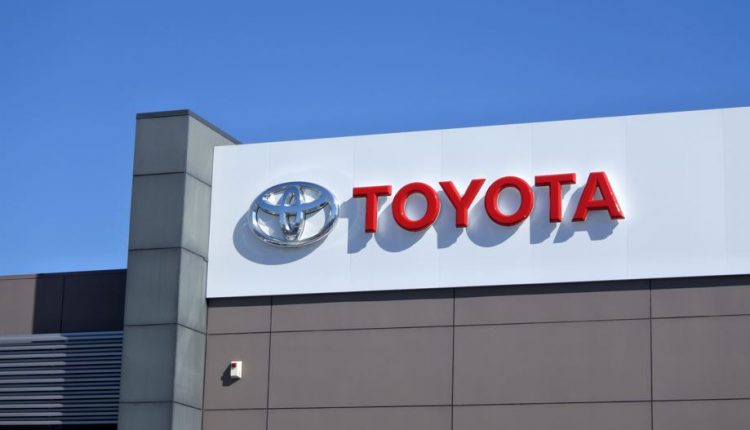Car Shortage will last till late 2023 – Says Toyota Exec
Buying a car is still not a hassle-free process because COVID-19 effects are still there. Automakers are anticipating that the global car shortage may ease till late 2023.
Toyota Executive vice president of Sales, Jack Hollis, stated that the global supply shortage doesn’t seem to be solved until late 2023.
According to the Automotive Press Association, Jack Hollis said, “We’re going to be dealing with this for one more year. I do not believe we’re going to see growing dealer stock for one more year. I think we’re going to be in a situation, speaking for Toyota and Lexus, where whatever we wholesale is what we’ll retail.”
The Japanese car giant sales observed a downturn of 22% in the second quarter of 2022 in the face of low supplies. Where the supply-chain issues have affected global automakers, have also shattered Toyota’s profit charts and inventories.
Concerning the sales and production challenges, the country’s auto industry is facing the same fate. Including supply shortage, the economic fuss has added fuel to the prevailing discontent – local Automakers are announcing production cuts and booking suspensions.
Toyota Not Following the Global Trend
Hollis also revealed the company’s plans to come up with a wide range of hybrid vehicles in the coming years. He called it the best way to drop overall emissions. Meaning, Toyota’s carries no plans to follow the global trend of bringing electric to the market in the near future.
He said, “In my experience over 31 years in this industry, when the government and others start telling consumers what they must have, consumers start to push back. Toyota may not move first, but it will move best.”
What do you think about the ongoing global car shortage? Share your thoughts in the comment section.
For more views, news, and reviews on the automobile industry, keep visiting PakWheels Blog.



Global trend? Russia, Middle East, Africa, Australia, South America and even the US all remain large buyers of hybrids and traditional I.C.E. cars, therefore, Toyota is right in assuming the stance